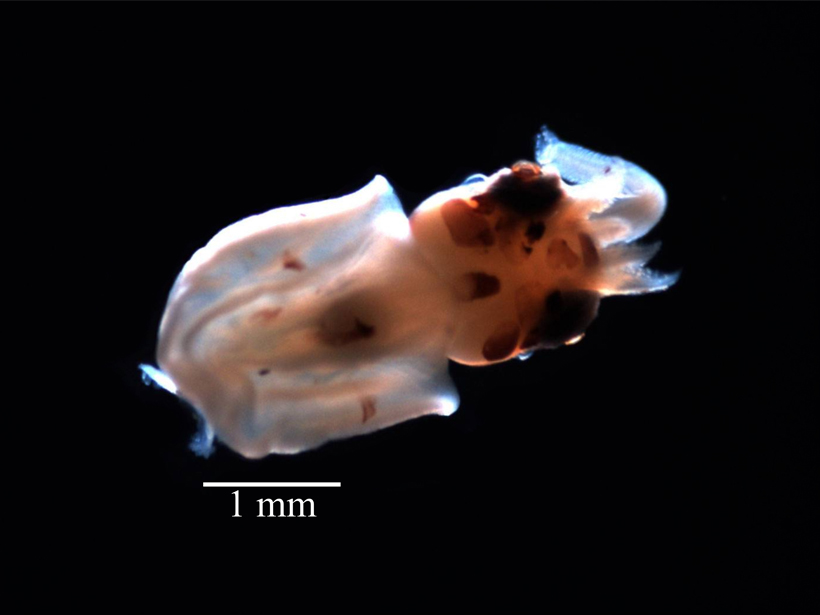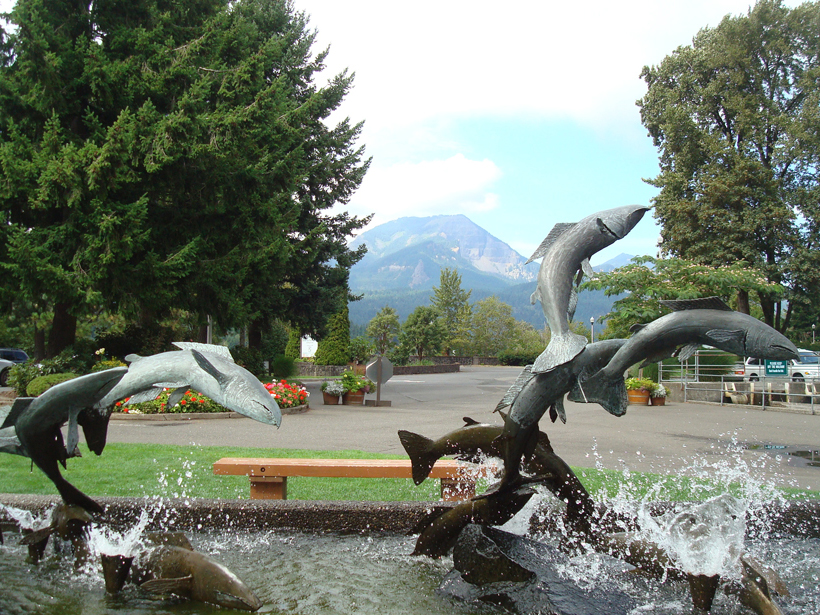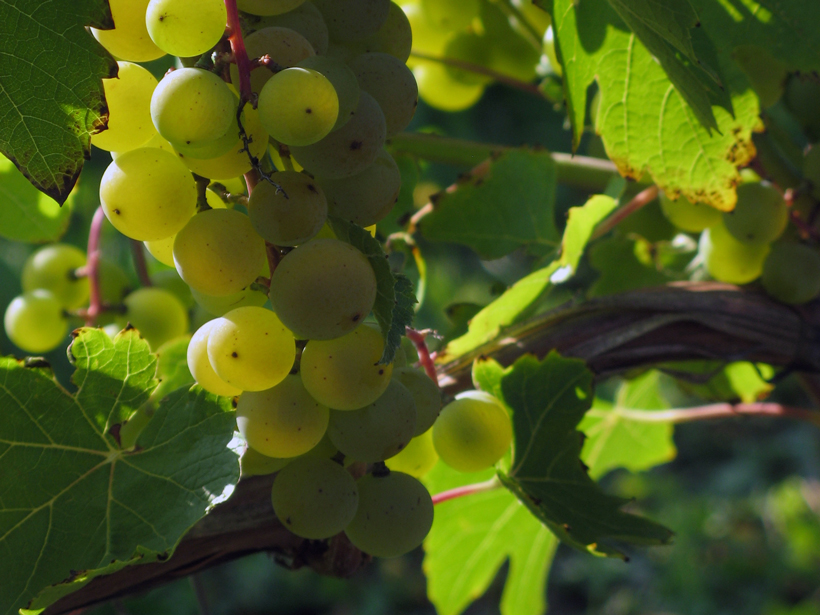A suite of simulations run with a spectrum of starting conditions shows that climate change will reduce corn crop yield, although the degree of reductions varies widely.
food
Posted inResearch Spotlights
Understanding the Distribution of Juvenile Jumbo Squid
An expanding zone of shallow, oxygen-depleted water in the eastern tropical Pacific Ocean may be vertically restricting the habitat of this important source of food, according to a recent study.
Posted inResearch Spotlights
Eating Less Meat, Wasting Less Food Could Save Water Worldwide
In tandem, two strategies could lower water consumption by 28% and ensure better water supply for more than 600 million people.
Posted inScience Updates
Exploring the Impact of a Changing Climate on Tribal Communities
GA3: A Changing Climate's Effect on Rivers, Estuaries, Oceans, First Foods, and Tribal Health; Portland, Oregon, 21–23 March 2015
Posted inNews
Warmer Climate Could Aid Quebec's Wine Industry
By 2050, climate change may make regions of northeastern Canada suitable for growing new varieties of wine grapes.





